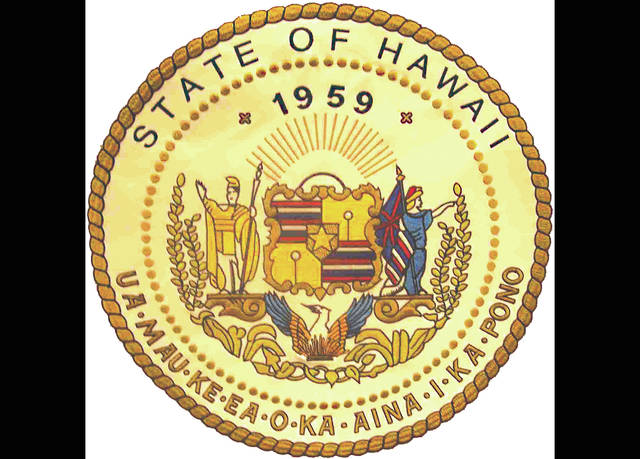HONOLULU (AP) — The Hawaii Supreme Court on Friday threw off the November ballot a proposed constitutional amendment that would have established a surcharge on investment property to help fund public education.
The court unanimously ruled that the proposed amendment did not meet the state constitution’s requirement that amendments be clear and not misleading.
The Hawaii Constitution authorizes counties to levy property taxes. The amendment would have had Hawaii join 49 other states in using property taxes to finance public education.
The state’s four counties encompassing the Big Island, Kauai, Maui and Oahu, along with the city of Honolulu, filed the complaint with the Supreme Court against the wording of the proposed amendment.
Honolulu Corporation Counsel Donna Leong praised the ruling, the Honolulu Star-Advertiser reported.
“Clearly the questions that were posed by the court showed that they had carefully considered the arguments of both parties — the state’s and the counties’ — as well as all of the cases cited in those briefs, and there were a lot of cases, and their questions were just spot on,” she said at a news conference.
County officials argued that the question’s wording is not clear enough for voters to understand that it would give additional taxing power to the Legislature. They also said it could hurt counties’ ability to raise revenue to fund services and infrastructure projects.
House of Representatives Speaker Scott K. Saiki criticized the court’s ruling. “It is unfortunate that the Supreme Court is not allowing the public to vote on this question after the Legislature vetted it over the past two years,” Saiki said.
Gov. David Ige issued a statement saying the court’s ruling “means we must keep searching for a way to support the dedicated teachers and staff who make a difference every day in classrooms around the state. I am committed to doing just that.”
The Hawaii State Teachers Association backed the proposed amendment, saying it would support teachers and underfunded schools. The state’s intent is to tax only second homes valued at more than $1 million, said Corey Rosenlee, the association president.
Rosenlee told the Star-Advertiser that he didn’t expect the Supreme Court to invalidate the ballot question.
“To be honest we are surprised and we’re shocked,” he said. “We did not anticipate that this would be the decision.”




